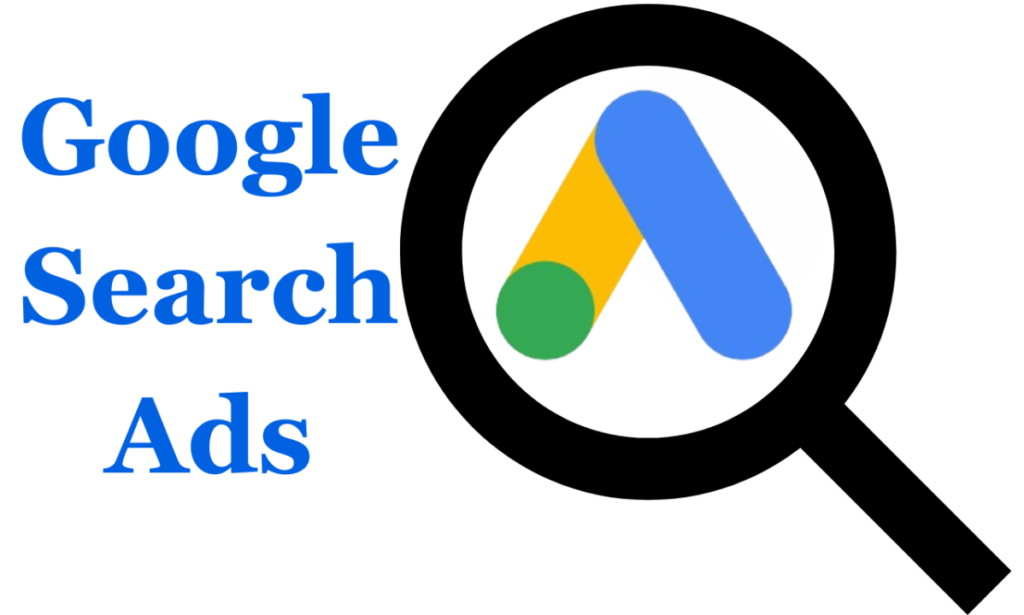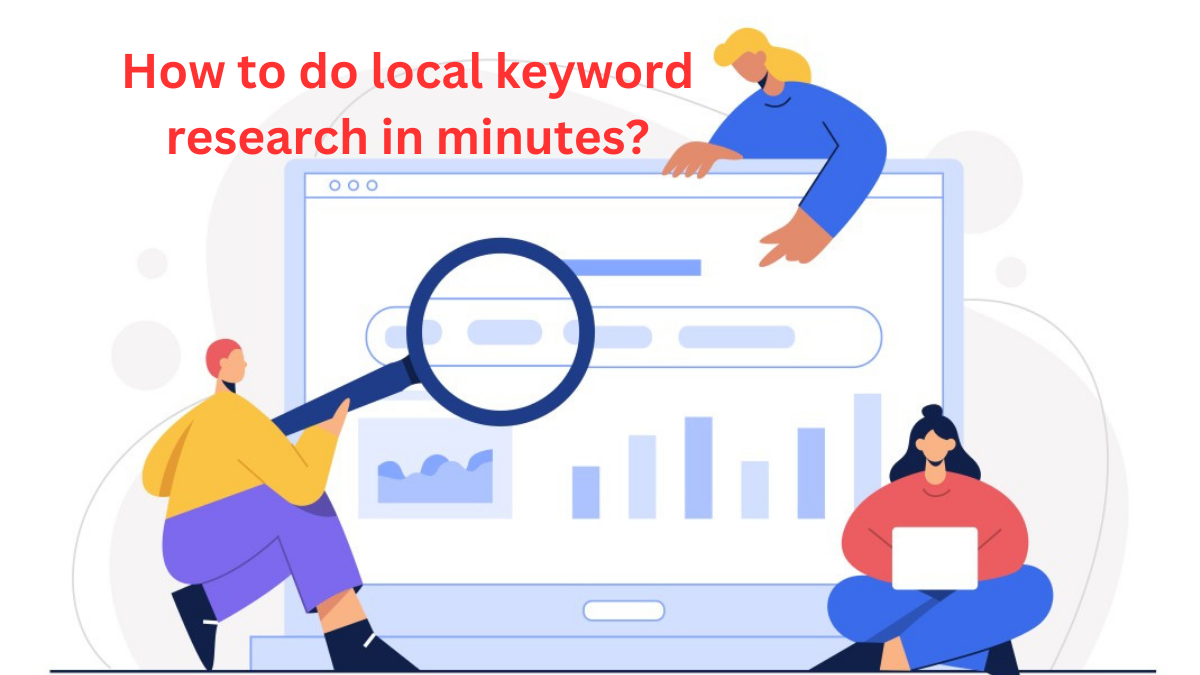The Olympic Games have long been a symbol of global unity, athletic excellence, and cultural celebration. Since their ancient inception in Greece, the Games have evolved into a massive international event, showcasing the pinnacle of human physical achievement and fostering a spirit of friendly competition. As we look forward to Paris 2024, the anticipation and…
New Google Search Ads Resemble AI Assistant App.
In the ever-evolving landscape of digital advertising, Google Search Ads remains a prominent player, constantly innovating to enhance user experience and advertiser ROI. One of Google’s latest endeavors in this realm is the development of search ads that resemble AI assistant apps. This shift represents a significant evolution in the way advertisements are presented and interacted with, blurring the lines between organic search results and paid promotions. In this comprehensive exploration, we delve into the intricacies of these new Google search ads, examining their features, implications, and the broader implications for digital marketing.
Understanding Google’s Motivation:
Google’s transition towards search ads resembling AI assistant apps is rooted in its commitment to providing users with more intuitive and seamless search experiences. With the proliferation of AI technology and voice search, users are increasingly accustomed to interacting with digital assistants like Siri, Alexa, and Google Assistant. These interactions are characterized by natural language queries and personalized responses, fostering a deeper level of engagement. By emulating this conversational style in search ads, Google aims to bridge the gap between user intent and advertiser content, ultimately delivering more relevant and valuable advertising experiences.

Key Features of AI-Assistant-Like Google Search Ads:
- Conversational Interface: Unlike traditional search ads, which are static and text-based, AI-assistant-like search ads feature a conversational interface. Users can engage with these ads using natural language queries, mirroring the interactions they have with AI assistants. This dynamic interface enables advertisers to provide personalized responses tailored to individual user queries, fostering a more engaging and interactive experience.
- Voice Integration: In line with the growing popularity of voice search, AI-assistant-like search ads incorporate voice integration capabilities. Users can initiate and interact with these ads using voice commands, leveraging the same technology used in voice-enabled devices. This hands-free functionality enhances accessibility and convenience, catering to users who prefer voice-based interactions.
- AI-Powered Recommendations: Leveraging machine learning algorithms, AI-assistant-like search ads deliver personalized recommendations based on user behavior and preferences. By analyzing past search queries, browsing history, and demographic data, these ads can anticipate user needs and offer relevant products or services in real-time. This predictive capability enhances the effectiveness of advertising campaigns, maximizing conversion opportunities.
- Multimodal Experience: To accommodate diverse user preferences, AI-assistant-like search ads offer a multimodal experience, allowing users to interact via text, voice, or a combination of both. This flexibility ensures a seamless transition between different modes of communication, catering to users with varying accessibility needs and technological preferences.
Implications for Advertisers:
The advent of AI-assistant-like search ads has profound implications for advertisers, necessitating a shift in their approach to digital marketing. Some of the key implications include:
- Enhanced Targeting and Personalization: With access to richer user data and advanced targeting capabilities, advertisers can create more personalized and relevant ad experiences. By leveraging AI technology, advertisers can segment their audience more effectively and tailor their messaging to specific demographics, interests, and behaviors.
- Improved Engagement and Conversion Rates: The conversational nature of AI-assistant-like search ads fosters greater user engagement and interaction. By facilitating natural language queries and providing personalized recommendations, these ads can capture user attention more effectively and drive higher conversion rates.
- Adaptation to Voice-First Paradigm: As voice search continues to gain prominence, advertisers must adapt their strategies to accommodate this shift towards a voice-first paradigm. AI-assistant-like search ads represent a proactive approach to this transition, enabling advertisers to engage with users in a voice-centric manner and capitalize on emerging opportunities in voice-based commerce.
- Evolution of Ad Creativity and Messaging: The interactive nature of AI-assistant-like search ads necessitates a reimagining of ad creativity and messaging strategies. Advertisers must focus on creating compelling narratives and experiences that resonate with users in a conversational context, leveraging the power of storytelling and empathy to drive meaningful connections.
Challenges and Considerations:
While the adoption of AI-assistant-like search ads offers promising opportunities for advertisers, it also poses several challenges and considerations:
- Privacy and Data Security: The use of AI technology relies heavily on user data, raising concerns about privacy and data security. Advertisers must prioritize compliance with data protection regulations and implement robust security measures to safeguard user information against unauthorized access or misuse.
- Ethical Use of AI: As AI algorithms become increasingly sophisticated, advertisers must ensure the ethical use of AI in advertising practices. This includes transparency about data collection and usage, as well as accountability for the outcomes of automated decision-making processes.
- Balancing Automation and Human Touch: While AI technology enables automation and efficiency, advertisers must strike a balance between automation and the human touch. Maintaining authenticity and empathy in advertising interactions is crucial for building trust and fostering long-term customer relationships.
- Adaptability to Changing Consumer Preferences: Consumer preferences and behaviors are constantly evolving, requiring advertisers to stay agile and adaptable. AI-assistant-like search ads must evolve in tandem with shifting consumer trends and technological advancements to remain relevant and effective.
The emergence of Google search ads resembling AI assistant apps marks a significant milestone in the evolution of digital advertising. By blending the convenience of AI-powered interactions with the ubiquity of search advertising, Google aims to deliver more personalized, engaging, and intuitive ad experiences. For advertisers, this shift represents both a challenge and an opportunity to redefine their approach to digital marketing, leveraging AI technology to create meaningful connections with consumers in an increasingly voice-first world. As the digital landscape continues to evolve, the adoption of AI-assistant-like search ads heralds a new era of advertising innovation and user-centricity.





I like this weblog very much, Its a rattling nice situation to read and receive
information.Blog monetyze
Thank you for your sharing. I am worried that I lack creative ideas. It is your article that makes me full of hope. Thank you. But, I have a question, can you help me?